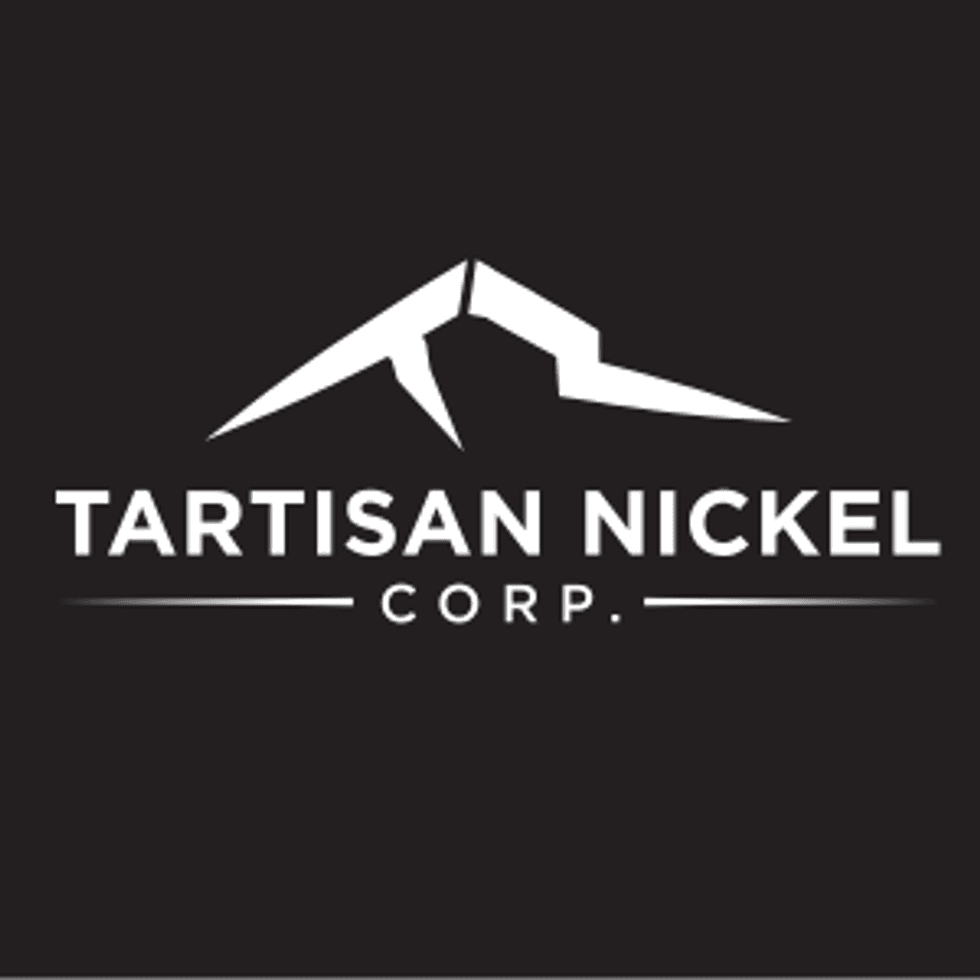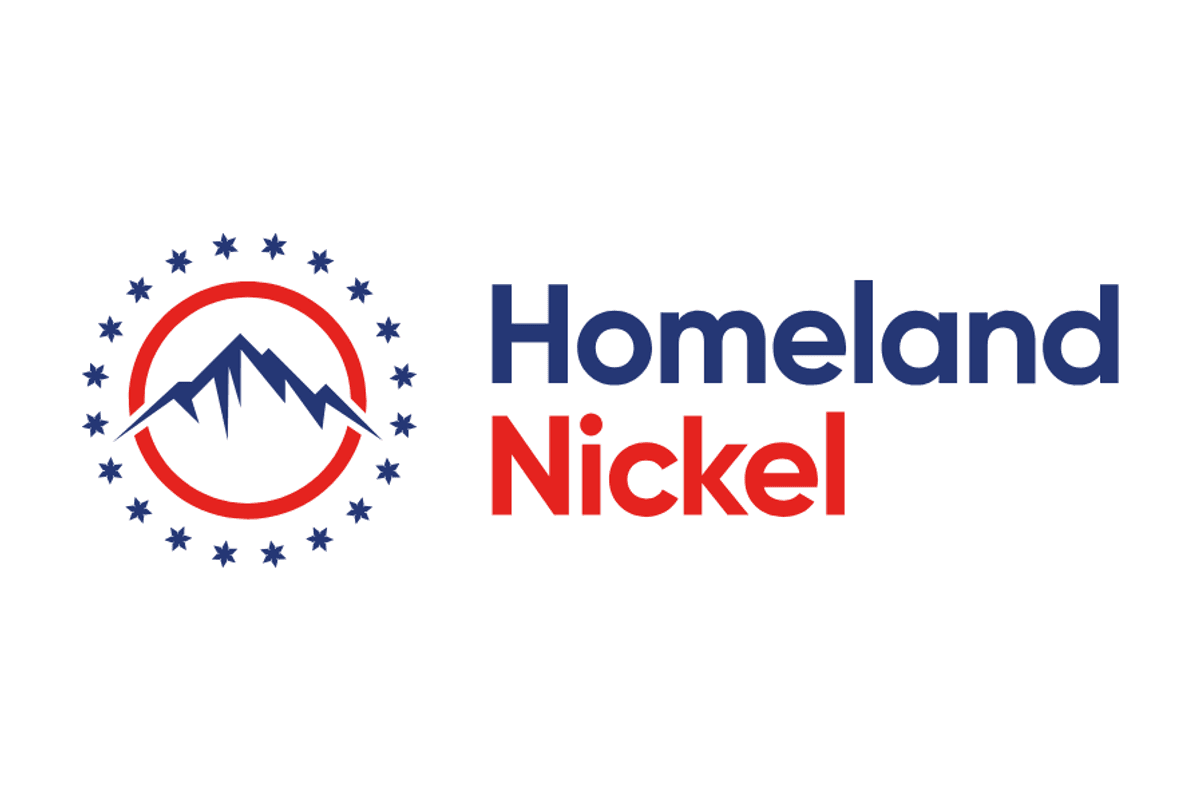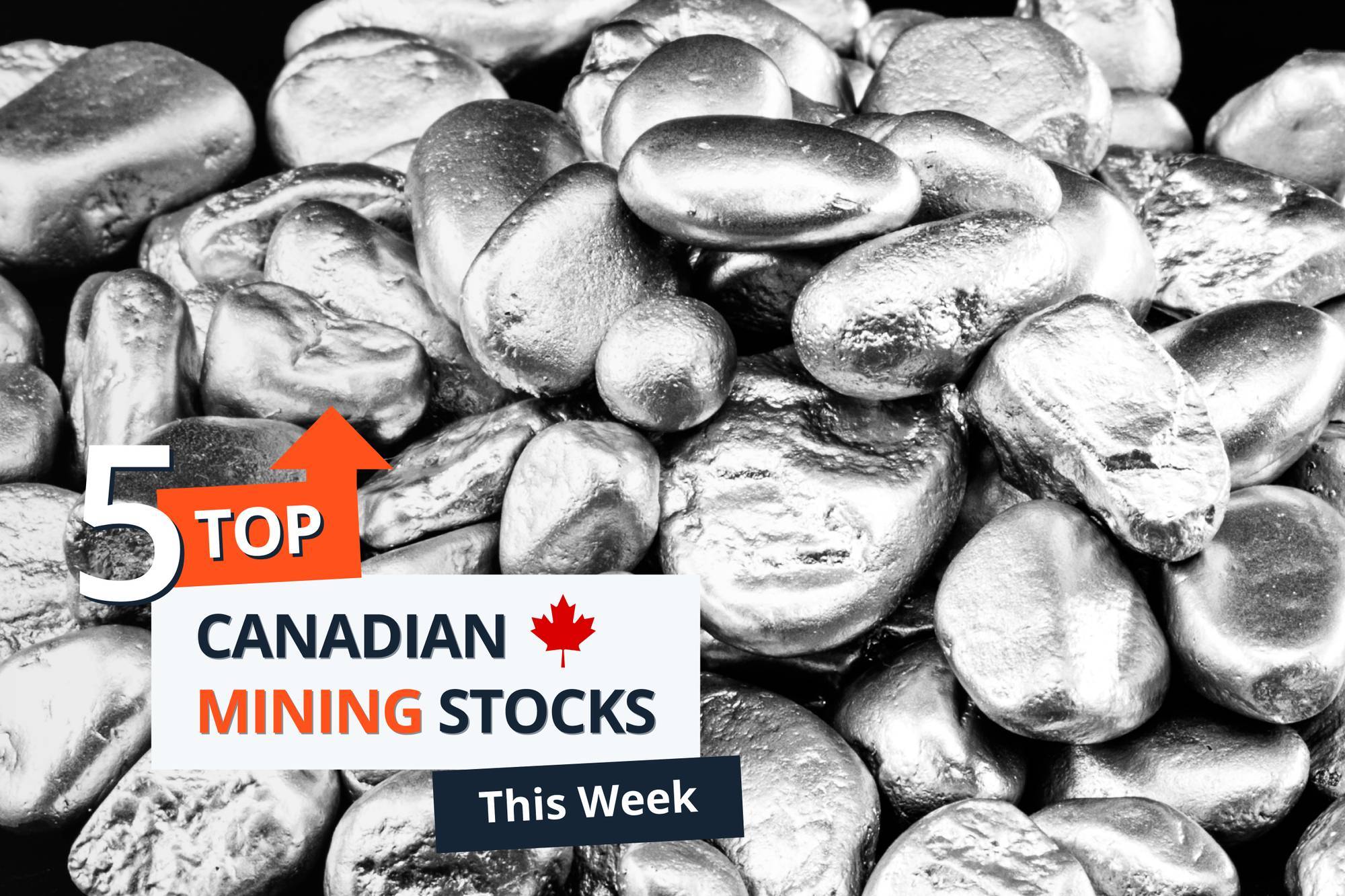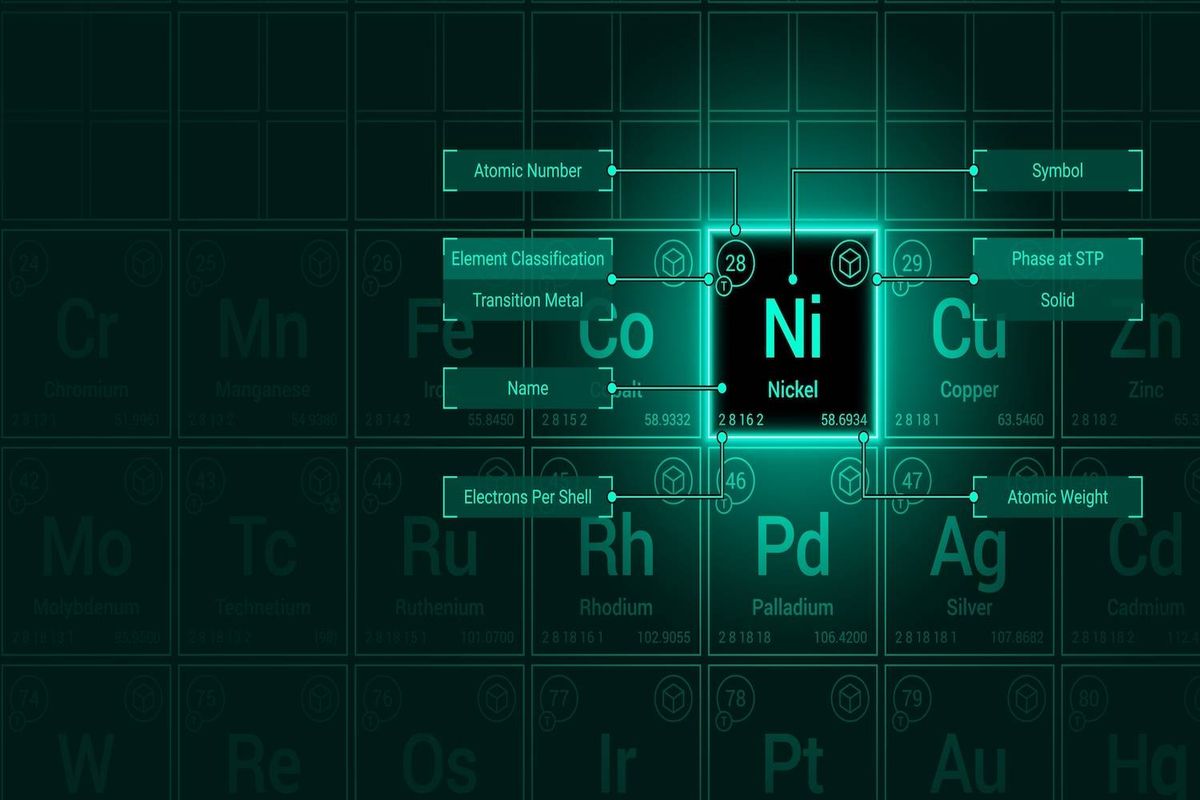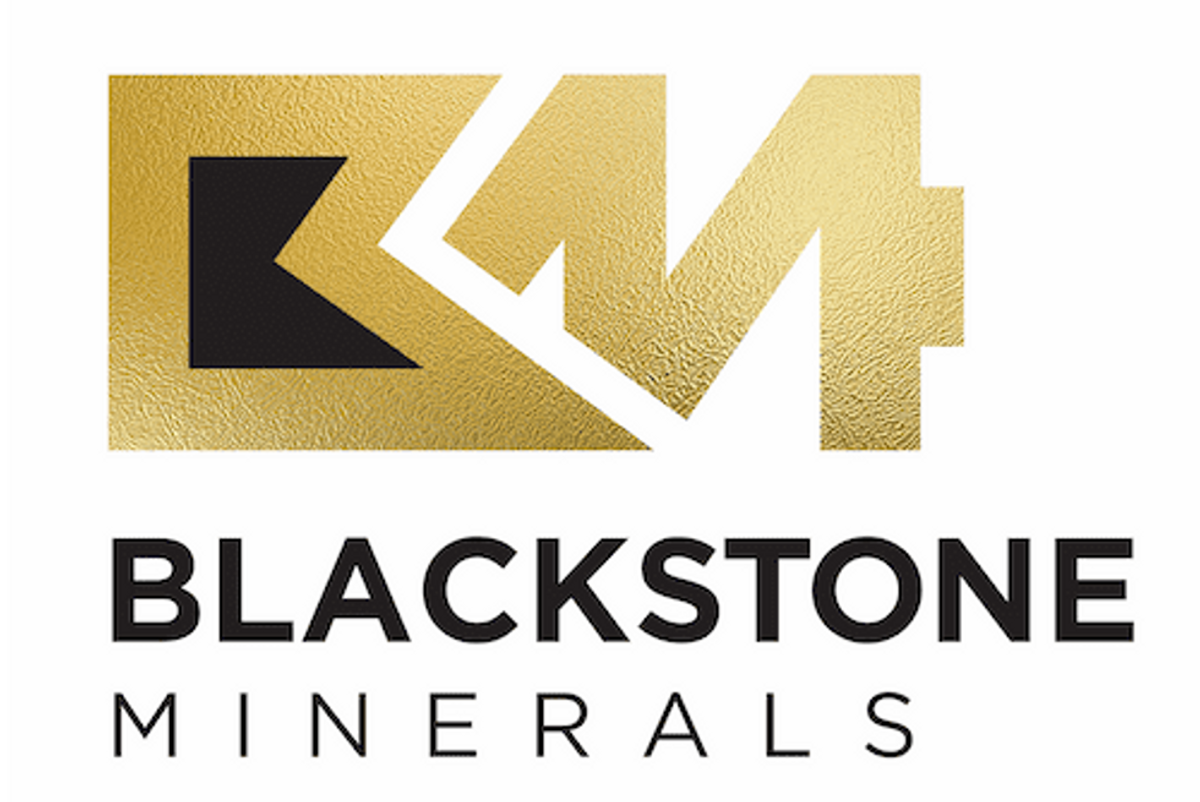
January 31, 2022
Blackstone Minerals Ltd (ASX:BSX,OTCQB:BLSTF,FRA: B9S) has released its quarterly report for period ending 31 December, 2021.
Highlights:
Ta Khoa Project
Upstream Business Unit (UBU)
- Mineral Resource update completed, with the global Ta Khoa estimate increasing 73% to 485kt of Nickel (571kt Nickel Equivalent (NiEQ)) (refer ASX announcement 23 December 2021)
- Ban Phuc Disseminated Sulfide (DSS) resource upgrade
- Maiden Inferred Resource estimates for the Ban Khoa DSS deposit, and the Ban Chang & King Snake Massive Sulfide Vein (MSV) deposits.
- Pre-feasibility Study (PFS) for the Ta Khoa Nickel Project (TKNP) progressed - due for completion in the coming weeks
- Ban Phuc DSS deposit to provide base load supply to an 8Mtpa concentrator being examined in the TKNP PFS.
- Outside of the reported Mineral Resource Update, additional resource definition drilling continued at Ban Chang, King Snake and Ban Khoa.
Downstream Business Unit (DBU)
- Tier 1 consultants Wood and ALS awarded contracts for the Ta Khoa Refinery (TKR) Definitive Feasibility Study (DFS) and Pilot Plant Phase 1 respectively
- Recommencement of mining activities at Ta Khoa
- Underground mining commenced to deliver bulk sample material from the Ban Phuc DSS deposit
- Bulk sample ore to feed the recently recommissioned Ban Phuc Nickel Concentrator (BPNC)
- Concentrate sample produced from the BPNC will be used across Pilot Plant Phases 1 & 2, along with external feed sources, to generate Mixed Hydroxide Precipitate (MHP) and Nickel:Cobalt:Manganese (NCM) Precursor product.
Corporate
- Blackstone (or the Company) completed a ~$60m capital raising (before costs) via a two-tranche placement to sophisticated and institutional investors ($55m) and via an oversubscribed ($5.3m) Share Purchase Plan (SPP) offered to existing shareholders
- Joint exploration venture with Vietnamese Government for the advancement of the Chim Van target, a highly prospective body located 10km from the Ban Phuc DSS
- Strategic investment (~6.85%) in Flying Nickel Mining Corp., providing exposure to the Minago Nickel Sulfide Project in Manitoba
- In November, Blackstone published its Inaugural Sustainability Report
- Blackstone partners with Circulor to implement product traceability from mining to electric vehicle (EV) end user
- Cash balance of $60m at end of quarter.
Blackstone Minerals’ Managing Director Scott Williamson said:
“During the December quarter the Company made important steps to demonstrate increased scale, confidence and relevance for the Ta Khoa Nickel Project. A tremendous amount of drilling has been incorporated into a resource that will underpin our ongoing Pre- feasibility Study, which will demonstrate to investors the economic value of our upstream business as part of the Company’s overall integrated business strategy.”
“During the quarter, strong support for Blackstone’s strategy was reflected by a capital injection of $60m, backed by some of the world’s leading investment managers. Having engaged world renowned experts in Wood and ALS to progress studies and testwork, Blackstone continues to take steps to technically and financially de-risk the Ta Khoa Project. Strong macroeconomic tail winds persist, and through our commitment to our values and vision Blackstone is in a strong position to be a leader in the movement towards electrification of transportation and energy storage”
Click here for the full ASX Release
This article includes content from Blackstone Minerals, licensed for the purpose of publishing on Investing News Australia. This article does not constitute financial product advice. It is your responsibility to perform proper due diligence before acting upon any information provided here. Please refer to our full disclaimer here.

Sign up to get your FREE
Tartisan Nickel Corp. Investor Kit
and hear about exciting investment opportunities.
- Corporate info
- Insights
- Growth strategies
- Upcoming projects
GET YOUR FREE INVESTOR KIT
The Conversation (0)
12 February
Tartisan Nickel Corp.
Advancing a high-grade Nickel-Copper-Cobalt Project in Northwestern, Ontario
Advancing a high-grade Nickel-Copper-Cobalt Project in Northwestern, Ontario Keep Reading...
12 February
Bahia Metals Corp. Completes Initial Public Offering of $5,750,000, with Full Exercise of Over-Allotment Option
Bahia Metals Corp. (CSE: BMT) ("Bahia" or the "Company") is pleased to announce that it has successfully completed its initial public offering (the "IPO") of 11,500,000 units of the Company (the "Units") at a price of $0.50 per Unit, inclusive of the full exercise of the 15% over-allotment... Keep Reading...
04 February
FPX Nickel Reports Confirmatory Results from Geotechnical Drilling at the Baptiste Nickel Project
FPX Nickel Corp. (TSX-V: FPX, OTCQX: FPOCF) ("FPX" or the "Company") is pleased to report assay results from select drill holes completed during its 2025 engineering field investigation program at the Baptiste Nickel Project ("Baptiste" or the "Project") in central British Columbia.As previously... Keep Reading...
16 January
Top 5 Canadian Mining Stocks This Week: Homeland Nickel Gains 132 Percent
Welcome to the Investing News Network's weekly look at the best-performing Canadian mining stocks on the TSX, TSXV and CSE, starting with a round-up of Canadian and US news impacting the resource sector.The Ontario government said Tuesday (January 13) that it is accelerating permitting and... Keep Reading...
08 January
Nickel Market Recalibrates After Explosive Trading Week
Nickel prices stabilized on Thursday (January 8) after a turbulent week that saw the market swing sharply higher before retreating as traders reassessed the balance between existing supply risks and a growing overhang of inventory.Three-month nickel on the London Metal Exchange (LME) hovered... Keep Reading...
Latest News

Sign up to get your FREE
Tartisan Nickel Corp. Investor Kit
and hear about exciting investment opportunities.
- Corporate info
- Insights
- Growth strategies
- Upcoming projects
GET YOUR FREE INVESTOR KIT
Interactive Chart
Latest Press Releases
Filing of Initial Prospectus
13 February
Related News
TOP STOCKS
American Battery4.030.24
Aion Therapeutic0.10-0.01
Cybin Corp2.140.00
